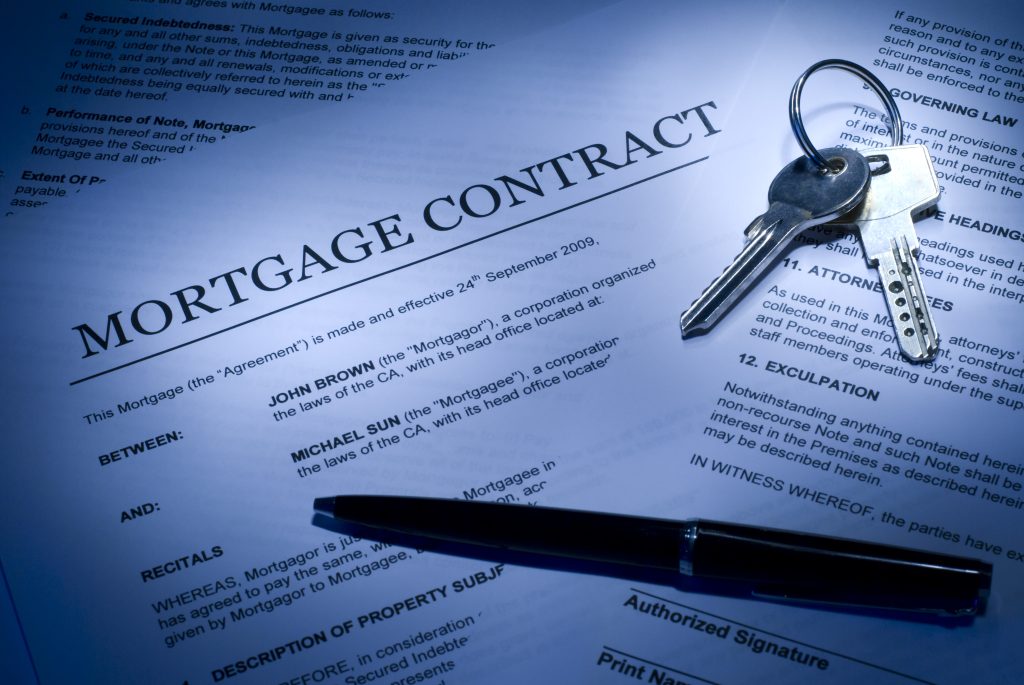
Most real estate contracts have contingencies, and it is important to understand what these contingencies are and how they may impact the buyer or seller. So, what are the potential contingencies in a real estate contract, exactly, and how do they impact the transaction?
Contract Contingencies
Contingencies in a real estate contract are conditions that must be met for the contract to proceed or become binding. Depending on the contingency, they may serve to protect the interests of either or both the buyer and seller by outlining specific scenarios under which the contract can be terminated. Common contingencies include a financing contingency (e.g., mortgage contingency), a home inspection contingency, appraisal contingency, and house sale contingency. These provisions give buyers the opportunity to conduct due diligence on the property and obtain financing, while also providing sellers with assurances that the sale will go through smoothly and in a reasonable timeframe. If a contingency is not met within the specified timeframe, either party may have the option to terminate the contract and, in most cases, Buyer’s would receive a refund of their earnest money deposit.
Usually after the contingencies of the contract are satisfied the next step is getting to the closing table.
Types of Real Estate Contingencies
There are a number of types of contingencies that may appear in a real estate contract. Some of the more common ones include:
- The buyer must obtain a mortgage commitment
- The property must be inspected for safety issues or code violations
- The property must be appraised to determine its fair market value
- A title search must be done to check for title defects
- The buyer must sell their current home prior to the sale being completed
- The buyer must obtain homeowners insurance
What May Happen Without Contingencies
If you fail to put contingencies in your real estate contract, you are opening yourself up to the possibility of a slew of future problems. For example, if you fail to require mortgage commitment when selling a home, you increase the risk that a buyer will not have the money to complete the purchase when it comes time to close the transaction. By the same token, if you fail to have a property inspected before buying it, you could find yourself with a property rife with structural damage, mold or insect infestation, or other problems.
What You Should Do
Ultimately, the best way to avoid the harm that can arise from these transactions is to make sure you have appropriate contingencies in place. That is why you should speak to a lawyer with experience handling real estate transactions. They can help review your contract to make sure your needs are met and minimize the risk of problems that may arise.
The New Jersey real estate lawyers at Riley and Gutman, LLC, are ready to assist you with your real estate transaction. We are committed to providing prompt, experienced and personal service to our clients, and will provide you with the legal support you need throughout your transaction and beyond. Give us a call at 731-431-0300, or visit our contact page for more information.

